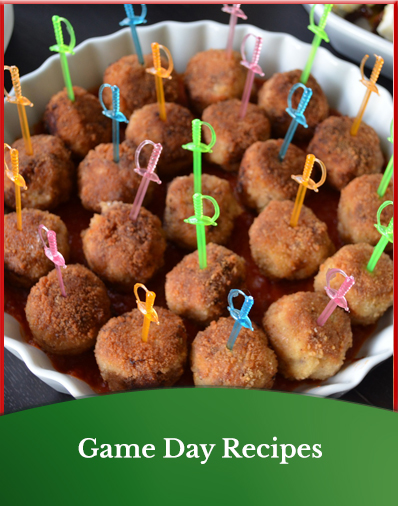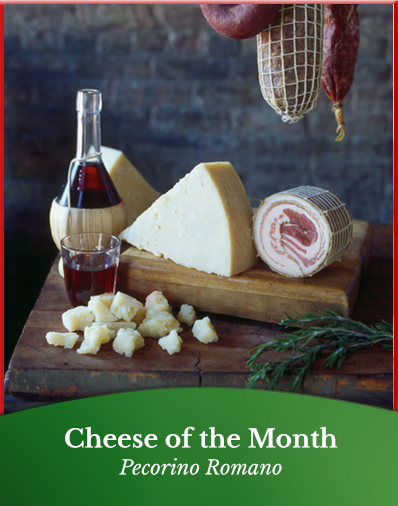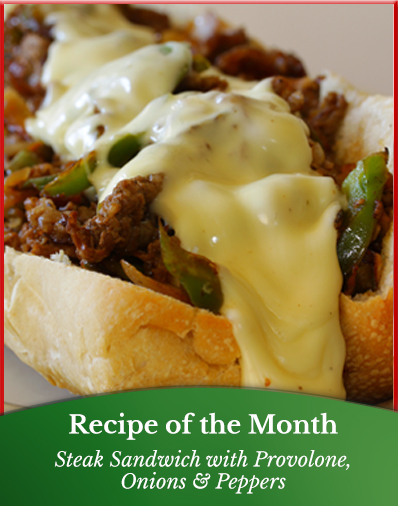What beverage do you suggest to those who do not drink alcohol?
While wine is usually the beverage of choice, it is certainly not the only one available. The advantage of wine is that it has a strong acid content, which helps cleanse the palate of the mucus from the cheese. While fruit juices are a viable choice, they can be too sweet, sometimes overpowering the cheeses. Cold, black tea, without ice can be an option as well. The tannic acids are exactly the same as in wine, making it an excellent astringent.
I am lactose intolerant. Are there any cheeses that I can eat?
Lactose-intolerance is a common challenge for many people. The lactose content can be different from one cheese to the other. Check with your physician whether Goat’s milk or Sheep’s milk cheeses could be an option for you.
I’ve seen “enzymes” listed on cheese ingredient labels. What is this?
Enzymes are cultures that play a key role in cheese making. They are added to the fresh milk at the start of the cheese making process where they produce acid through the interaction with milk sugars or lactose. This acid, along with rennet, is what allows curds to separate out of milk. In addition, enzymes play a key role in developing texture and flavor to cheese by breaking down milk proteins. It is this interaction that gives cheese its rich, savory flavor or aging.
I heard that it isn’t a good idea to serve cheese with citrus. Why is that?
While cheese and fruit is a classic food combination, it is important to remember that not all fruits work well with cheese. The best fruits to have with cheese are those that have a significant amount of moisture along with some acidity to help cleanse the palate. Grapes and pears are a classic and, to a lesser extent, apples. While citrus has the characteristics of acidity and moisture, it also contains a significant amount of oil that coats the tongue and alters the flavor of cheese.
How do I know when a cheese has gone bad?
Look for dryness of the paste, an intense odor of ammonia as well as discoloration in soft cheeses. The open cracks in the paste, discoloration or a pungent flavor tells you that hard cheeses are no longer good.
Where and how should cheese be stored?
An environment that is rich in humidity should be used to store your cheeses. A good example would be the vegetable drawer in your refrigerator. The use of plastic wrap is perfect for proper cheese wrapping.
How should I cut cheese?
For round cheeses, simply cut them in triangular pieces from the center of the wheel toward the rind. Log-shaped cheeses are best sliced in coin shapes and pyramid-shaped cheeses should be sliced alongside the triangle from center to the bottom of the cheese.
Are there certain knives made for certain Italian cheeses?
Butter knives or paring knives are ideal for soft cheeses while semi-soft and hard cheeses are best sliced by chef’s knives. Crumbly wet blue cheeses like Gorgonzola requires a cheese wire or knives with holes in the blades. It is essential to have a different knife for each cheese on a cheeseboard in order to avoid ray ban outlet the mixing of taste among the different cheeses.
What is the reason behind cheeses sweating more than others?
The aging of cheeses or the coming of room temperature cause the butterfat to naturally ooze out of the paste and should not be cause for alarm. Simply pat the cheese dry with a damp towel.
What is the purpose of the rind on Cheese?
The rind basically is a coating that protects the interior of cheap nfl jerseys the cheese as it ripens. The rind on a cheese may develop naturally, such as our Taleggio, or it may be artificial and inedible like a wax rind.
Is mold on cheese harmful?
Mold is a microbe that feeds on cheese and may be there either intentionally or unintentionally. For example, our Gorgonzola Piccante contains penicillin bacteria that is intentionally used to develop harmless, edible and really delicious blue/green mold. The white rind we see on a cheese like Taleggio is another form of penicillin that develops an edible white mold on the surface of soft-ripened cheeses, instead of blue. On the other hand, mold can develop as a result nfl jerseys shop of poor storage methods and handling, which is what is considered unintentional mold. The unintentional mold can be scraped or cut away in most cases and can still be enjoyed. Be sure to remember that it is better to be safe than sorry when it comes to food so if there are any doubts, then it is best to throw the cheese discount football jerseys out.
How long do most cheeses last?
The shelf life of most cheeses depends on the cheese and the packaging. The more moisture a cheese has, the shorter the shelf life. A high-moisture cheese like ricotta cheese won’t last nearly as long as aged Parmesan. The shelf rains life of cheeses does vary. A general rule is the softer the cheese (higher moisture), the short the shelf life and the harder the cheese (lower moisture), the longer. The shelf life of cheese is rapidly accelerated once it has been unwrapped from its packaging. We recommend using the cheese right away after opening it. Wrapping the cheese tightly to preserve it is also suggested. The idea is to keep the air out and the fresh moist cheese flavor in.
How much cheese should I purchase at once?
Buy as much cheese as you plan on using in the next week or two, with the exceptions emerging from the hard grating cheeses like Grana Padano and Pecorino Romano. Provided they’re kept cool and well wrapped to retain moisture, these cheeses last a long time.
Do I need to refrigerate my cheese?
It is best to refrigerate your cheese between 35 to 40 degrees to preserve freshness. This is essential for softer cheeses. Cheeses that are left unrefrigerated for a long time will dry out and show a thin layer of oil to separate from and coat the cheese. Leaving it out for too long will also accelerate their shelf life. Due to lower moisture, hard grating cheeses like Grana Padano and Pecorino Romano can last for long periods without refrigeration.
Is the film that wraps my cheese reusable?
It is not recommended to use the cheese film after taking the cheese out because it will not close properly. The cheese may also have a thin layer of oil on the wrapper thus making it hard to properly preserve the cheese and keep the air out. Do wrap the cheese in a new plastic wrap after cheap Air Jordans each time it is opened.




